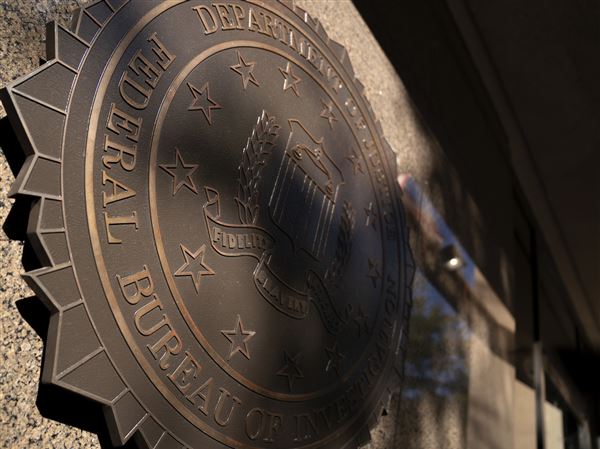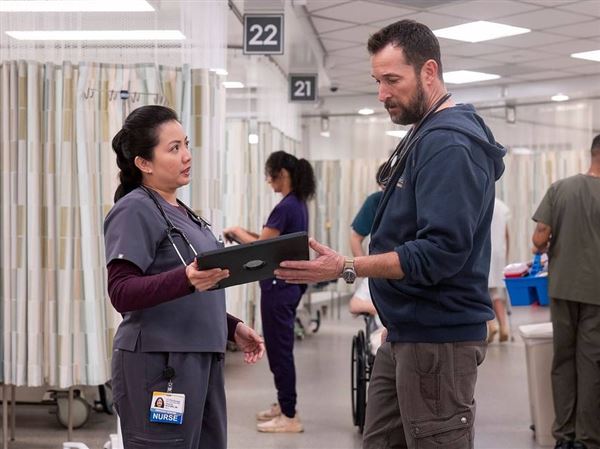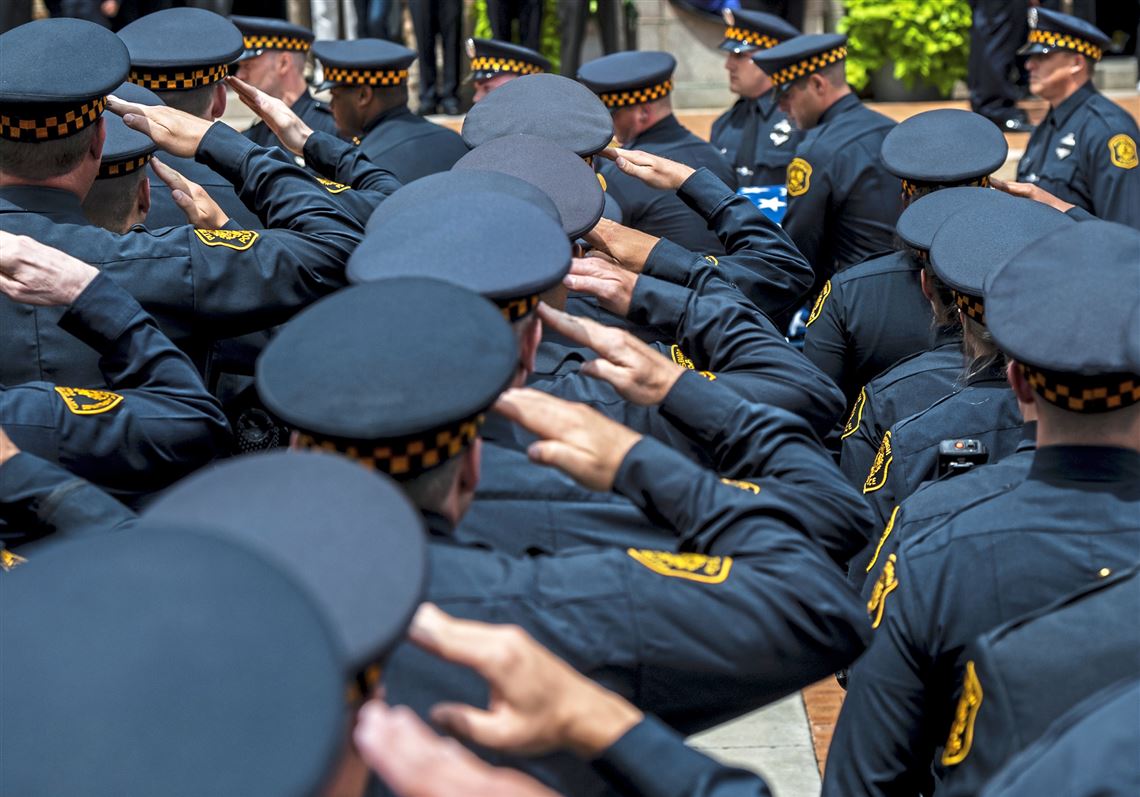As a current Pittsburgh police officer, I thought it necessary to inform the citizens of Pittsburgh on the state of their police department.
For over 14 years, the wages and benefits of the police have been stagnant due to the city being under the state financial oversight of Act 47. There is some speculation that the city could have raised officers’ wages during this, but the wages were purposefully held below what they should have been. Whatever the facts, the police have had negligible pay increases for far too long.
With the recent lifting of Act 47, there was no reason that the Pittsburgh police could not be brought up to pay parity with other departments in Allegheny County. But this was not to be. After the final arbitration results of recent contract negotiations were awarded, the Pittsburgh police will now be paid less than both the Pittsburgh medics and firefighters, and are one of the lowest-paid police departments in Allegheny County. This is in spite of the Pittsburgh police handling the highest call volume and highest rates of serious crime of any department in the county.
The mayor’s disdain for the police is well documented. This can be corroborated by his many public statements and actions, even describing the police as “mediocrity at best and corruption at worst,” and by his uncompromising tactics during contract negotiations to deny the police any advancement. Many of the city’s officers acknowledge this among themselves, though most don’t speak out in public for fear of retribution. But the facts speak for themselves.
Pittsburgh police certainly don’t expect to be the highest paid in Allegheny County, but the city department is closer to the lowest paid. Pick most any municipality: Carnegie, McKees Rocks, Scott, Oakmont, Monroeville; they all get better pay, benefits and pensions. Is it any wonder that so many officers come to Pittsburgh to get their Act 120 certification and a couple of years experience, then leave for greener pastures?
All city of Pittsburgh employees, except police and fire, pay into Social Security so that when they retire, they are eligible for both a city pension and Social Security. But this means that at the end of a 25-30 year career, a retiring Pittsburgh police officer will get zero in Social Security. Let that sink in: no Social Security in your old age, only a mediocre pension with no cost-of-living increases.
All city of Pittsburgh employees are vested for a partial pension after the completion of eight years of service, except police and fire who must complete a full 20 years to be vested. This means that if an officer chooses to leave the job anytime before the completion of 20 years, he or she will receive no pension (and no Social Security). Almost every police department in the nation is vested between eight and 12 years, but not Pittsburgh. That we have one of the worst law enforcement pensions in the nation is a disgrace.
How can the mayor justify his competitive salary, Social Security, eight-year vesting and great pension when he denies his front-line first responders, those asked to take bullets in the line of duty, the same benefits? Such a callous disregard for fairness and decency reveals more about character than any political pandering ever will.
Unfortunately, most new recruits eager to start this exciting career are not looking 25 years down the road toward retirement, when they will be rudely shocked at the dire financial situation they face. What an officer loses by being paid a noncompetitive salary over 25 years will be impossible to make up after retiring. And not having Social Security as a buffer will most likely make it necessary for officers to work for the entirety of their lives.
Younger officers should seriously consider sitting down with a financial adviser before deciding to spend an entire career with the Pittsburgh police department.
In 2001, Pittsburgh had around 1,100 sworn officers. After the politically motivated layoff of police in 2003, there was a precipitous drop in manpower that the city has yet to regain. This makes both forced and voluntary overtime a daily requirement for every zone. Other officers find it necessary to work details to supplement below-competitive wages to support their families.
When someone is overworked in a high-stress job, they are likely not performing at full mental and physical capacity. In policing this can lead to tragic results. Yet this has been the norm in Pittsburgh for decades.
For all of these conditions to exist for so long highlights a longstanding lack of support, appreciation and respect for the city police. The animosity displayed by the mayor, the silence of city council and the public safety director, and the inadequate support of those who are supposed to lead the rank and file are an egregious insult to every officer who puts their life and safety on the line every day for the citizens of this city.
I have never seen morale as low as it is now. If there are not considerable changes made, the city will reap what it has sown. In fact, that has already begun.
When I took the civil service test to become a Pittsburgh police officer 20 years ago, there were well over 2,000 applicants on scene to take the test. The most recent police exams were lucky to draw 200 applicants. This dismal turnout is reflective of what is happening to this profession, and it will only get worse.
Being a police officer is arguably the most dangerous and stressful profession there is. If police are not adequately rewarded for accepting such a hazardous career, the quality of their work will start to suffer. To have an administration that is at constant odds with its own police, that refuses to give them competitive pay and pensions, that has a history of accepting inadequate manpower and shows little moral support for those who risk their safety and life every day, is unconscionable.
I was compelled to write this as both a warning to the public and a plea for their support. I work with many wonderful, dedicated men and women, who sacrifice daily and deserve so much more. If things do not improve soon, city residents will continue to see the systematic demise of the Pittsburgh police department. And when it reaches a critical level, it will already be too late.
The idea of the “Thin Blue Line” is not just theory. It is fact. And to see it being willfully destroyed is both indefensible and a danger to us all.
Steven Crichley is a Pittsburgh police officer. This commentary is the sole opinion of the writer and does not represent the Pittsburgh Bureau of Police, the Pittsburgh Fraternal Order of Police or the city of Pittsburgh.
First Published: January 27, 2020, 10:00 a.m.















